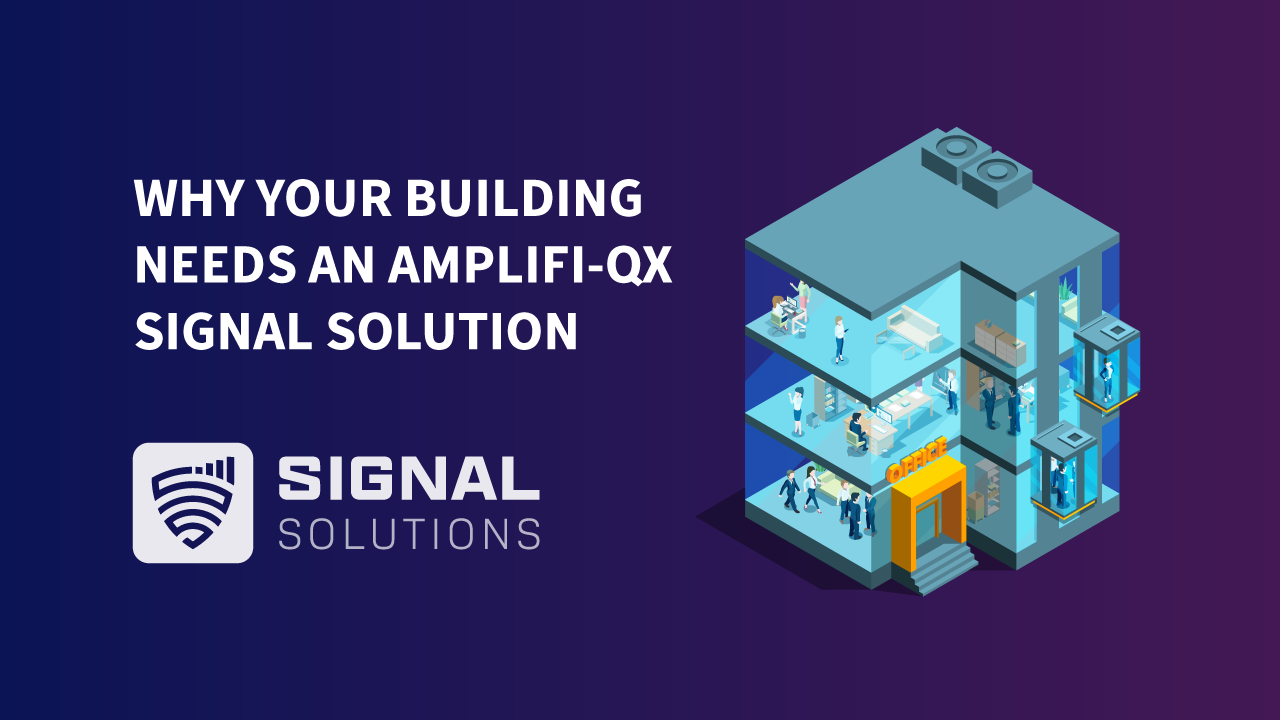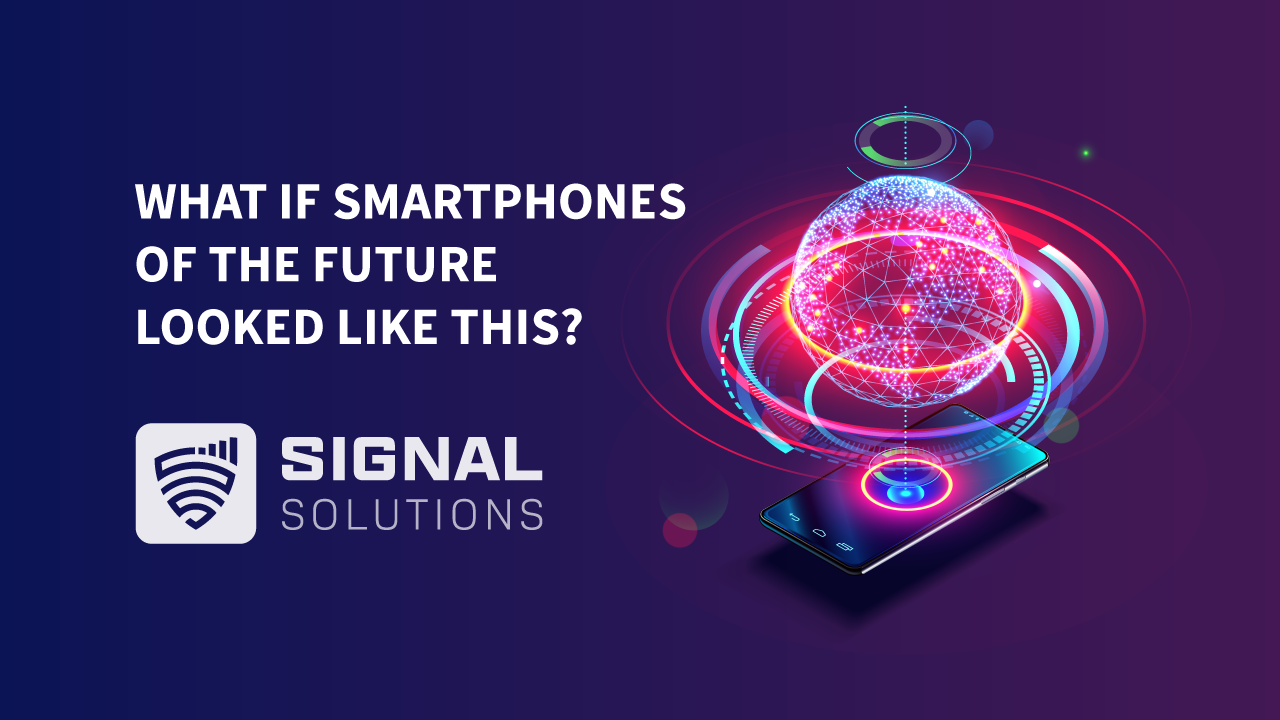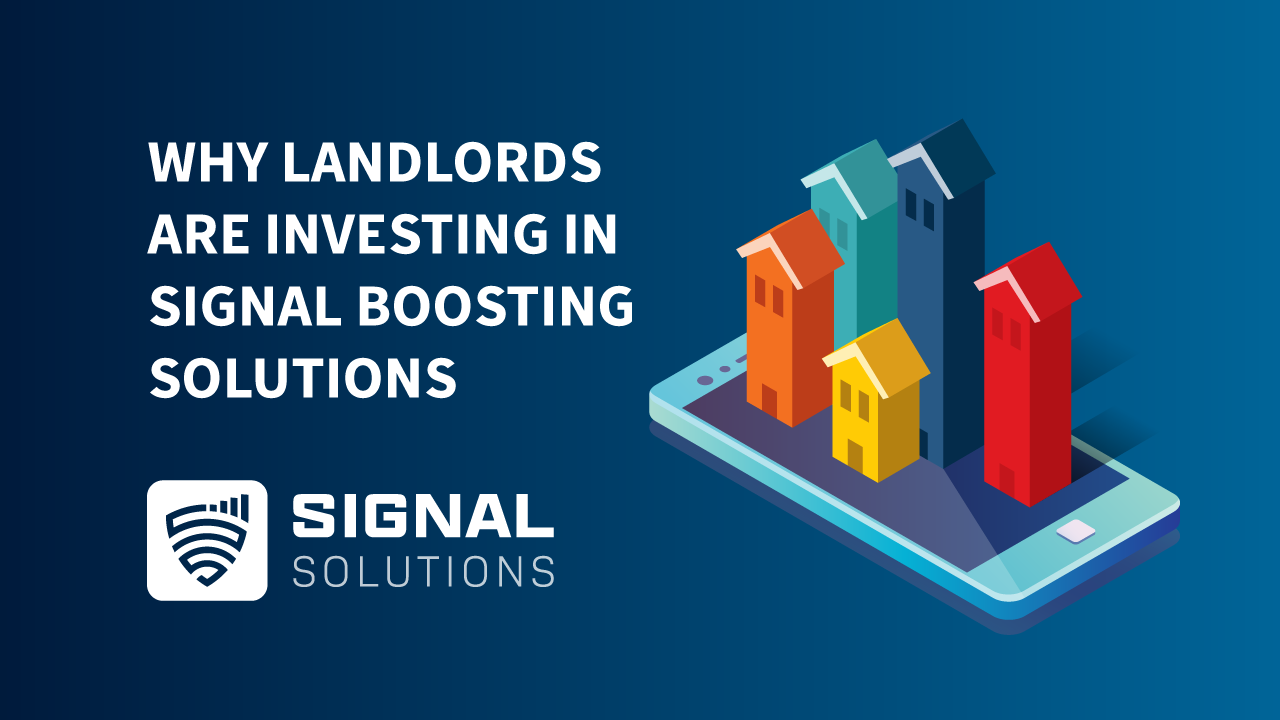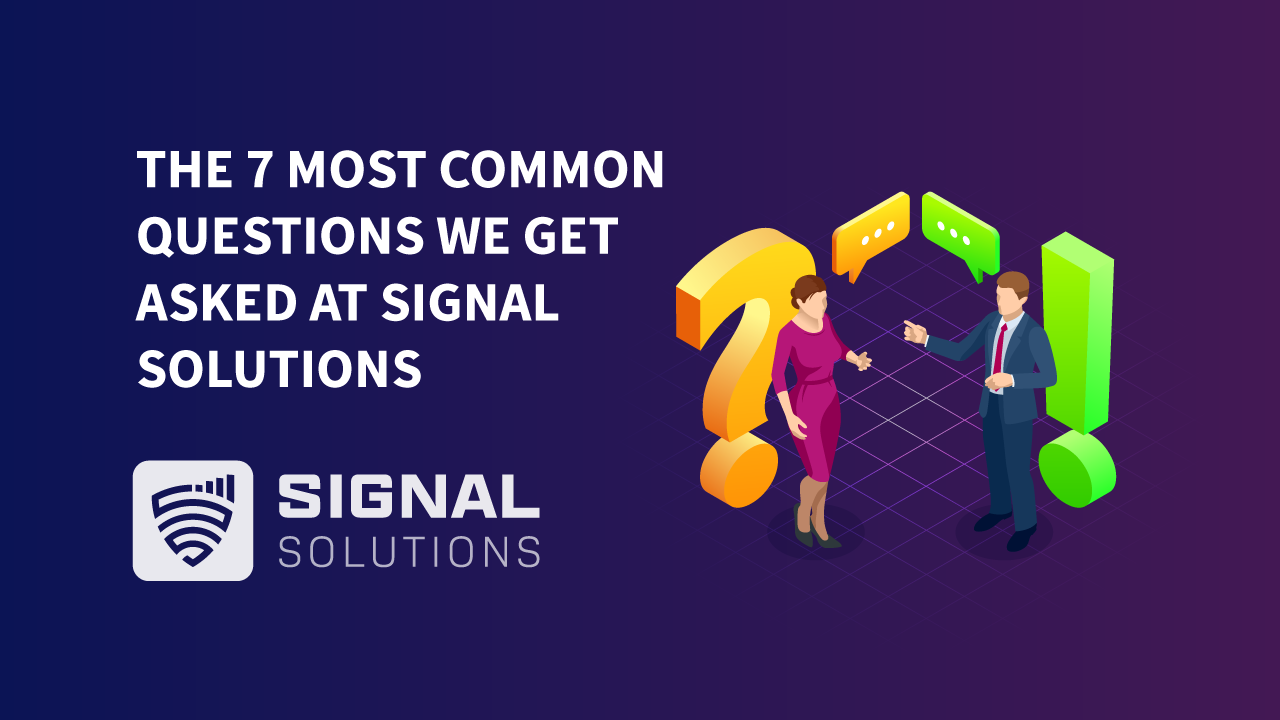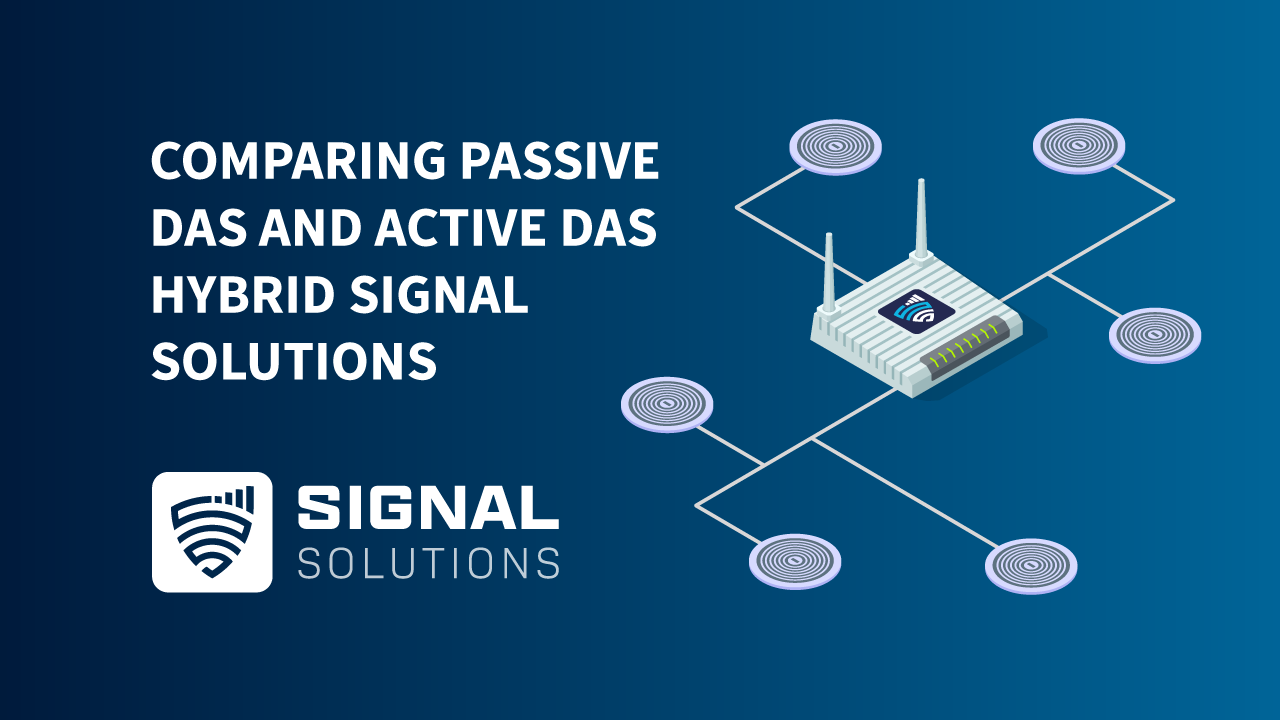If you’re a supermarket decision-maker who’s tired of the same complaints from staff and customers, this info’s for you.
“Are we okay for soy sauce, or should I buy some more?”
We’ve all been there.
That moment halfway round the supermarket when you can’t quite remember if you need a certain item. You want to call home and ask someone to check.
But. You. Just. Can’t. Get. Any. Signal.
You try sending a text instead and grow crosser and crosser every time that little red exclamation mark appears to tell you that sending has, yet again, failed. Well thanks very much.
Screw it. You put the soy sauce in the trolley.
And there are always two more full bottles waiting to mock you from their shelf in the cupboard when you return home.
Why can’t your customers get signal in your store?
We’ve heard of some shops deliberately blocking mobile signal in an attempt to curb the inescapable “show rooming” phenomenon, where shoppers check competitors’ prices online while they look at your wares.
(Such attempts are pretty futile, since the only people who actually do that are unlikely to purchase high ticket items anywhere other than online anyway.)
So we’ll assume that’s not what you’re doing, and you’ve landed on this page because you’re genuinely wondering why the signal’s so bad in your supermarket, and what you can do to improve it.
Well, the most likely culprit causing the poor signal is metal.
Most big supermarkets have been constructed within huge metal-framed buildings for speed, safety and cost. Thing is, one of the properties of conductors like metal mean that an electromagnetic charge tends to flow along the outside, rather than penetrating through it.
Yep, metal blocks mobile signal.
Big double-glazed glass windows don’t help either. Sorry. The “low-E” coatings that work to reduce emissions in many modern windows actually deflect even more signal, with as much fluctuation as -4db from one single window.
So unless you’re planning on rebuilding your entire store, you’re going to need to find an alternative solution to the great signal problem.
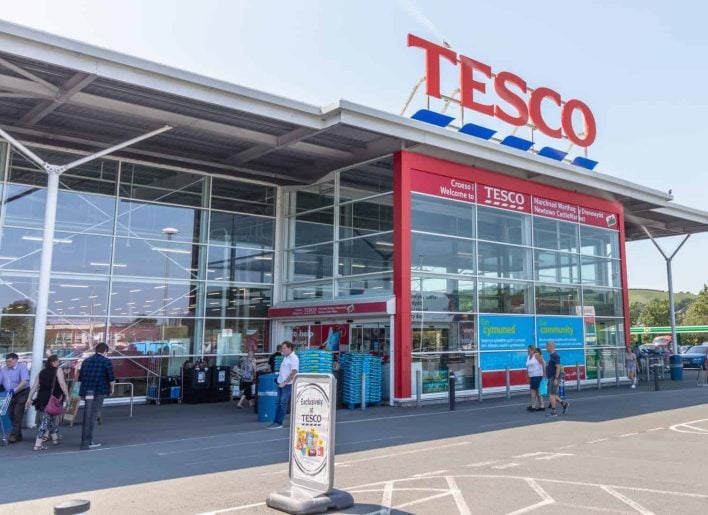
Poor mobile signal scuppering the progress of in-store apps
As more and more supermarket chains introduce their own in-store reward apps, their failure to load leaves customers even more irritated than they were about the soy sauce.
It’s a pretty silly problem.
You incentivise your customers to keep shopping with you by offering them coupons that they can only access on their phone, or by showing them the deals to look for while they’re in the store.
But when they open the app to bring up the coupon or check which products they can get most loyalty points on? All they see is a spinning circle that screams “you haven’t got enough signal for this, love”.
No-one can be bothered to log into a supermarket’s unreliable Wi-Fi, and app usage eventually tails off as a result, leaving the whole venture a complete waste of time and money.
Staff, stress and bad mobile signal
We’ve all found ourselves in the “soy sauce situation” from time to time, or struggled to get an app to load, and just as much as you feel irritated when it happens to you, so do your customers.
It’s even more irksome for the staff in your supermarket too.
No way to communicate with the outside world when they’re on their break. No means to keep on top of the footie score or check in with the kids.
It might sound trivial enough but unfortunately there’s a massive correlation between staff stress levels and poor mobile signal in the workplace. 26% of UK employees claim that problems with signal at work increases their stress levels, you see.
Bad supermarket mobile signal no good for Covid-related stress
According to the same research, 15% reckon poor mobile signal at work damages company reputation, though we imagine that statistic would be even higher if you asked your customers’ opinion instead.
Especially at a time like this, when it’s stressful enough to be in a supermarket, not knowing if you’re picking up the virus or perhaps inadvertently spreading it.
Anxiety has been at an all time high since the start of the pandemic, and it’s been particularly acute for shoppers inside supermarkets. (A quick Google search on “supermarket Covid anxiety” brings up a plethora of results.)
Having a reliable means to communicate with your loved ones, wherever you are, is crucial at time like this.
So if you want your frontline hero employees and your customers to feel less stressed and happier to be in your supermarket, a mobile signal booster offers the ideal solution.
(Solves the soy sauce problem too.)
What is a mobile signal booster and how can you get one legally?
Mobile signal boosters – or repeaters as they’re often called – are devices used to improve mobile signal within buildings where the coverage is poor.
At Signal Solutions Ltd, we use Nextivity CEL-FI technology to do this, installing a receiver at your supermarket and a booster where mobile signal is super strong, so your staff and customers can enjoy a great mobile connection whenever they need it.
Mobile signal boosters by Signal Solutions Ltd enhance signals, on all the major UK networks, by as much as 1,000 times. That means you can have constant, reliable mobile signal in every nook and cranny of your supermarket building, across the entire place.
- They’re 100% legal to use, fully compliant with Ofcom licensing laws
- They’re unconditionally network safe
- They’re accepted by UK regulators
- They provide high quality signal in areas where coverage is poor or non-existent
- They’re compatible with every mobile network
Want to talk more about creating great mobile signal in your supermarket? Give us a buzz on 020 3823 7365.



